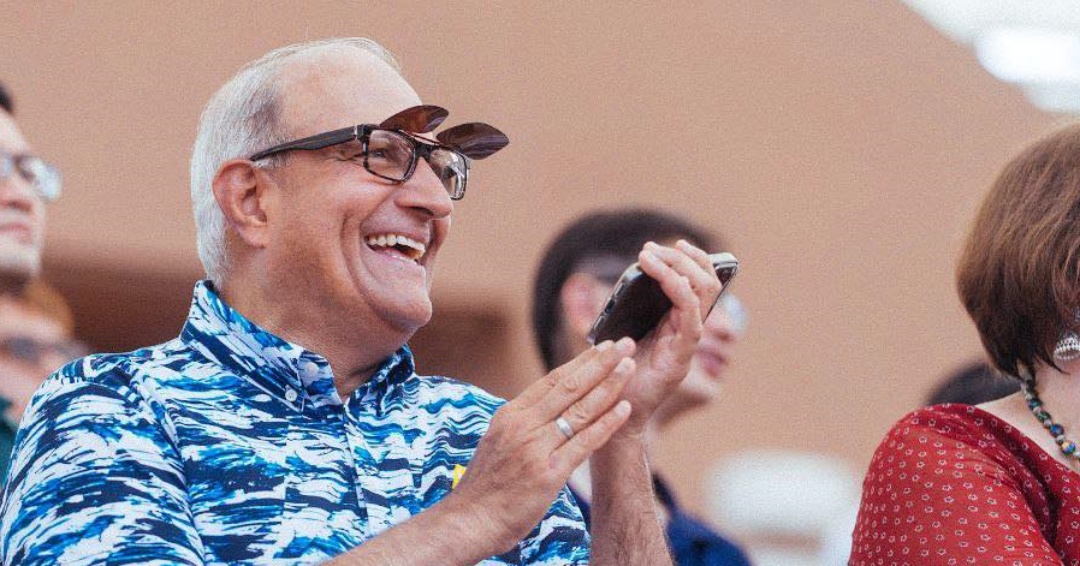More information about the Corrupt Practices Investigation Bureau (CPIB) investigation involving Transport Minister S Iswaran have emerged.
Prime Minister Lee Hsien Loong and Minister-in-charge of the Public Service, Chan Chun Sing, gave ministerial statements relating to the matter in Parliament on Wednesday (Aug. 2).
Why did CPIB start investigating Iswaran?
The CPIB came across information concerning Iswaran while investigating a separate matter.
It started a quiet investigation in May 2023 and alerted PM Lee to it on May 29.
On Jul. 5, CPIB informed PM Lee that they had attained adequate information to launch a formal investigation into Iswaran.
This meant that CPIB would exercise its powers to arrest people of interest and interview them.
Iswaran was arrested by CPIB on Jul. 11, and then released on bail.
There is no word yet on what the alleged offence is, but the investigation also involves billionaire hotelier Ong Beng Seng.
Further details about the case could not be disclose at this point because it might jeopardise the investigation.
What actions did PM Lee take after CPIB informed him of Iswaran's formal investigation?
He instructed Iswaran to take a leave of absence and prohibited the minister from his duties (also known as an interdiction).
Iswaran's pay was reduced to S$8,500 per month in the meantime.
PM Lee said there was no precedent on how to affect an interdiction on a political office holder, hence he took reference from the civil service.
Is it the norm for CPIB to announce the names of people under investigation?
CPIB's standard practice is not to disclose the names of persons who are being investigated.
This is because pending the results of a formal investigation, disclosing the name might prejudice the person being investigated.
In Iswaran's case, CPIB decided to disclose his identity because he's a minister and there was public interest.
Why didn't CPIB reveal that Iswaran had been arrested when it first announced the probe?
CPIB disclosed on Jul. 12 that Iswaran was assisting with investigations.
It did not say that he was arrested on Jul. 11 as it wanted to establish more facts of the case, and hear Iswaran's side of the story.
It only disclosed this bit of information on Jul. 14 after three days of investigations; it made the operational judgement call to release the information.
Should it be mandatory to let the public know when a political office holder has been arrested or is being investigated?
PM Lee and Chan stressed repeatedly in Parliament that matters relating to the timing and amount of information released were for CPIB to decide because they have "operational considerations".
They include "preserving the integrity of evidence, protecting the confidentiality of ongoing investigations, and avoiding impact on other related parties".
Why did Iswaran continue to get a salary of S$8,500 even though he was interdicted?
Since there was no precedent for Iswaran's case, PM Lee took reference from the civil service, where an officer in a similar situation would have their pay halved, subjected to a minimum floor and a ceiling.
PM Lee also said it would not be fair to reduce Iswaran's pay to zero before he is officially convicted.
Does CPIB need the prime minister's concurrence before starting an investigation?
CPIB reports to the prime minister.
However, it is "functionally independent", said Chan.
It does not need the prime minister's concurrence to start an investigation.
In this particular case, it sought PM Lee's concurrence because the investigations involved a Cabinet minister.
The constitution provides for a situation where the prime minister does not give consent for an investigation. In such a case, CPIB can go directly to the president for their concurrence.
Chan also pointed out that in our history, we never had a prime minister who "impeded CPIB's work".
Why was Iswaran put on leave during his CPIB probe, while Shanmugam and Vivian were allowed to continue with their duties when they were being investigated?
Chan laid out some key differences between both CPIB investigations.
The Ridout Road investigation was initiated by ministers K Shanmugam and Vivian Balakrishnan. PM Lee had no reason to believe that they had committed any wrongdoing.
Hence, he did not put Shanmugam and Vivian on leave of absence during the investigation. If the investigation had yielded evidence of wrongdoing, PM Lee would have asked the ministers to take a leave of absence.
In Iswaran's case, the investigation was initiated by CPIB. After PM Lee was made aware of it, he assessed that Iswaran needed to be suspended while the investigation took place.
Is there a code of conduct that governs how ministers should conduct themselves and will it be reviewed?
Yes. Public servants abide by the Public Service's Code of Conduct that governs how they conduct themselves, and provides avenues for whistle-blowing.
For instance, if there is a need, public officers can bypass their direct supervisors and escalate a matter up the chain of command, including directly to the Permanent Secretary, the Head of Agency, the Head of Civil Service, or the Minister in-charge of the Public Service.
Ministers too have a Code of Conduct that sets rules on how ministers should behave and conduct their personal affairs. This was last updated in 2005, and will be reviewed regularly.
Top photo: S Iswaran/Facebook
If you like what you read, follow us on Facebook, Instagram, Twitter and Telegram to get the latest updates.



